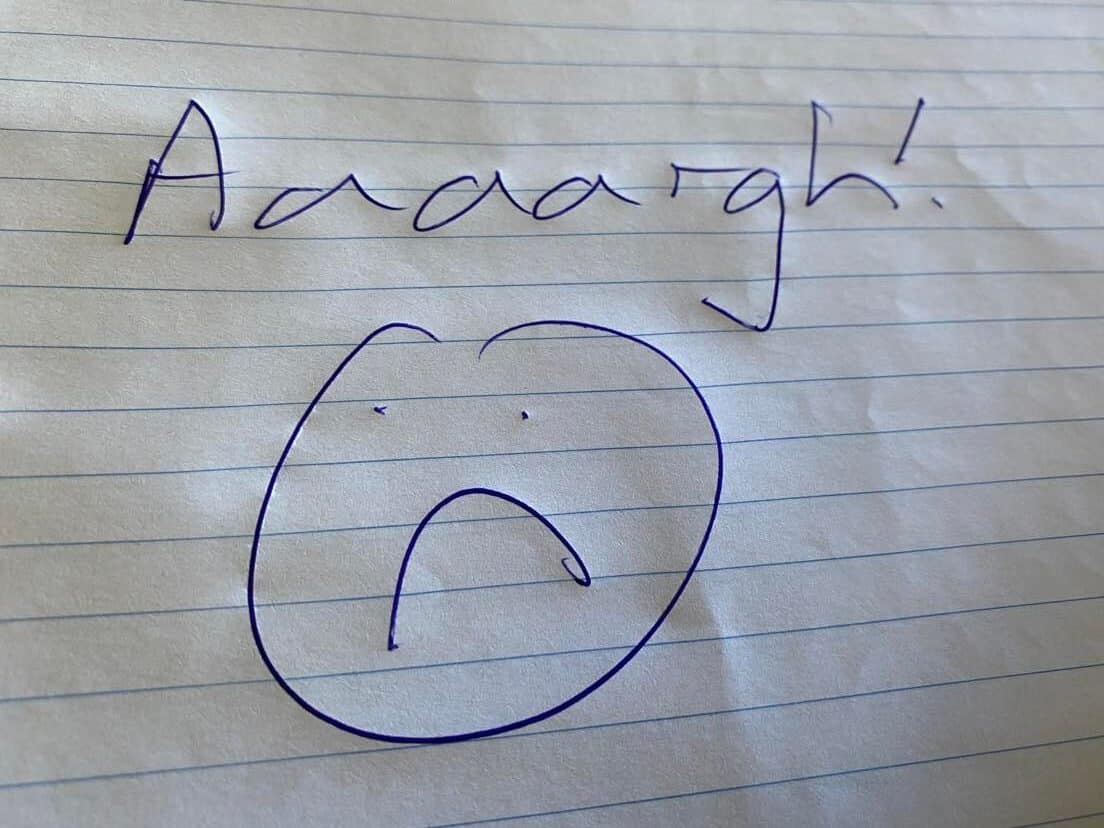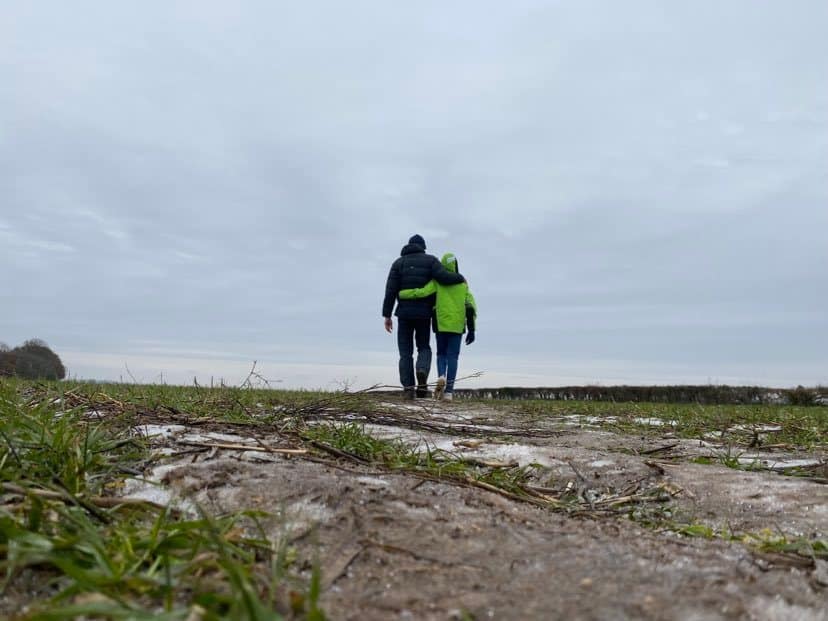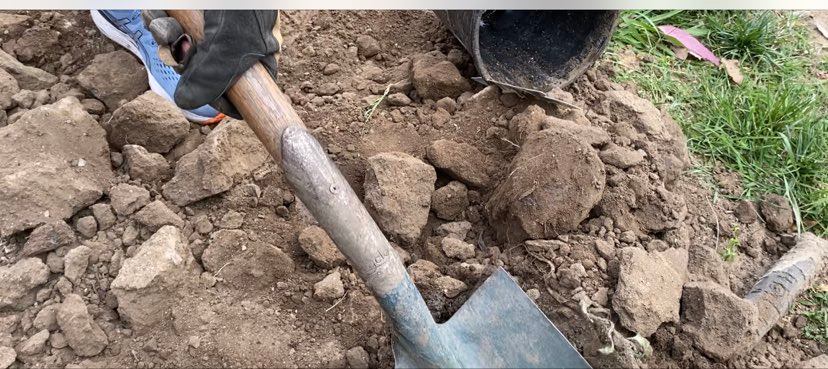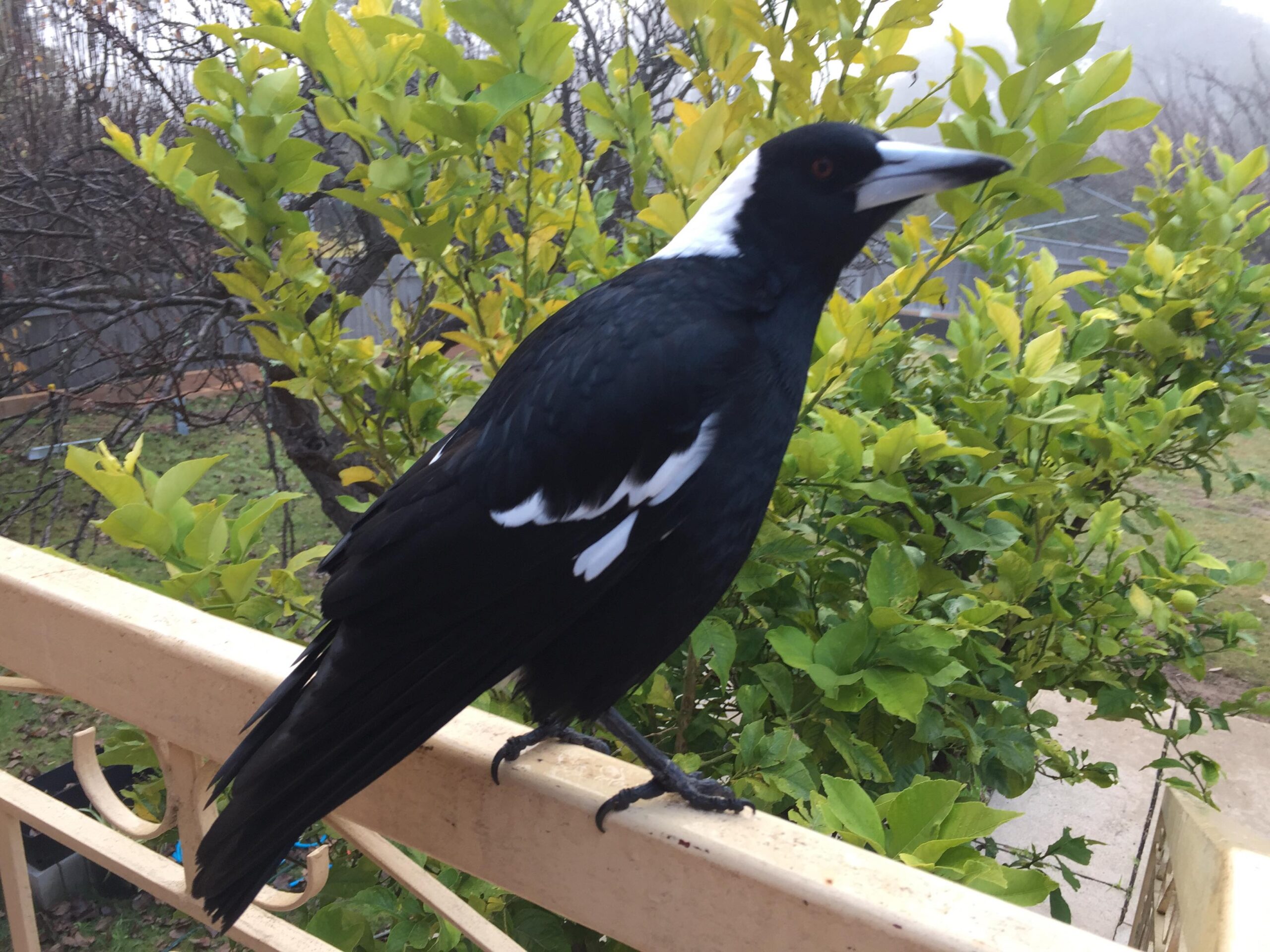Once you have an idea for a story, what do you do with it? You must let it bloom!
Some of the most frequent comments (and frequently asked questions) that Crack-A-Story gets from secondary school students are these sources of much torment: ‘I don’t know what to write about’…’I’ve got nothing to write about…’ ‘What do I write about?’ …
Yes, we rattle on about senses quite a bit at Crack-A-Story. However, we do so for a reason: they are critically important with helping us connect with, and understand our world. That connection and understanding can in turn help us …
Alright, do you have your boots on? Let’s go foot-slogging, which is the second basic part of non-fiction research. Remember, we have already discussed word and number mining. In contrast, foot-slogging is when you (the storyteller) break free of the chains …
Writing non-fiction is a specific craft. Regardless of whether you are writing your own memoir, a biography, a ghosted work, a crime account, a newspaper report, a story for the school’s online magazine, or anything else that falls into the …
Ok, here’s a basic question: ‘What is a sentence?’ A common answer is: ‘A sentence is the expression of a complete thought.’ But let’s put that answer into the mind of a young person for a moment. What’s a complete …
Etymology: What a big WORD! As we know, words are so often the building blocks for stories. But how many of us think about individual words as having stories of their own? Studying words (etymology) can be a fun and …
You have probably heard of the KISS principle: Keep it simple, stupid! Perhaps it is a little blunt, but it can certainly apply to writing (and storytelling in general). All too often some of our young people string together complex …
When it comes to writing, some of our young people put pressure on themselves even before they begin to write. Such an unfortunate scenario can be framed by comments that we’ve all heard at some time or other: ‘I don’t …










